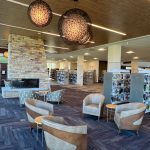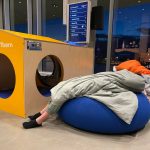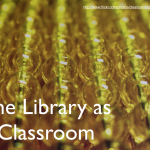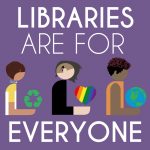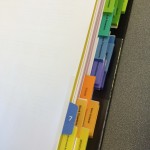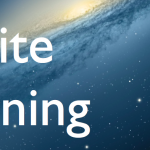Hello all! I had a good day trip to Chicagoland. I am so knocked out by Lake Villa District Library: spaces, services and staff! Here is a gallery to inspire. Click the photos for larger versions.
Inspiration: Photos from My Day at Lake Villa District Library
